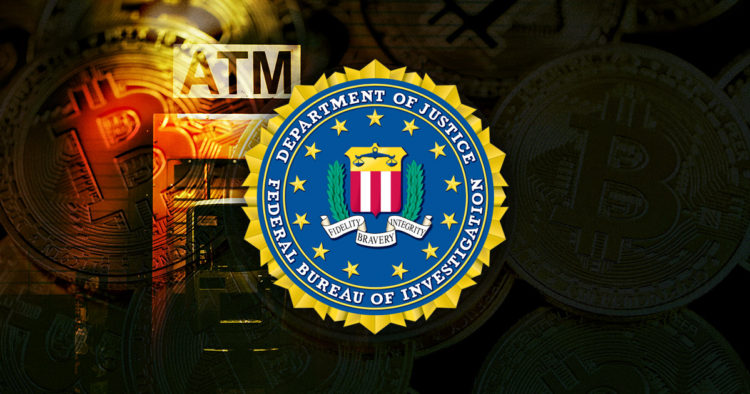
The Cuyahoga County (U.S. state of Ohio) Scam Squad and the Federal Bureau of Investigations (FBI) have issued a public warning as scammers began to actively use Bitcoin (BTC) ATMs to defraud people, TV channel News 5 Cleveland reported on Tuesday.
“Now scammers are asking you to pay in Bitcoin,” said Sheryl Harris, director of the Cuyahoga County Department of Consumer Affairs.
Old scams, new tools
According to the report, while scammers still rely on tried-and-true methods—such as calls from someone’s “son” who ostensibly “got into an accident and urgently needs money”—cryptocurrencies allowed them to put a new spin on old frauds.
For example, Bitcoin ATMs, which allow customers to instantly buy BTC with cash, have already become widespread in the U.S. Thanks to this, many malicious actors are now trying to convince people to withdraw funds from their bank, go to a Bitcoin ATM, and send a certain amount of coins via a QR code provided by the scammer.
“I got a call that sounded exactly like my son,” said Shaker Heights, who almost fell victim to such a scam, adding, “The shopkeeper comes up and says ‘can I help you?’ I said we have to send money to an attorney with this machine and he’s like you’re getting scammed.”
The scammer—who stayed on the phone the whole time—asked Heights to deposit $9,000 via a Bitcoin ATM. If the shopkeeper hadn’t stopped him, that money would almost certainly be lost forever.
“Unfortunately, once that money is gone, it’s almost impossible to get it back, so the best we can do is prevention and that’s why we’re trying to get the word out,” said FBI special agent Vicki Anderson.
Warning signs on Bitcoin ATMs
To tackle this problem, law enforcement agents and the FBI now plan to put special warning signs on Bitcoin ATMs across the county, motivating people to consider whether they are actually being scammed.
“The point of the signs is to just give people a chance to pause, like wait a minute. The government isn’t going to ask you for Bitcoin, they just won’t, the jail won’t ask you to pay in Bitcoin and your utility company doesn’t accept Bitcoin payments,” Harris added.
Meanwhile, more often than not scammers prefer to go after users’ crypto holdings directly. As CryptoSlate reported recently, Apple’s App Store customers have lost over $1.6 million worth of Bitcoin and other cryptocurrencies to hackers.
Get an edge on the cryptoasset market
Access more crypto insights and context in every article as a paid member of CryptoSlate Edge.
On-chain analysis
Price snapshots
More context
Join now for $19/month Explore all benefits

Like what you see? Subscribe for updates.
Credit: Source link







































































































































